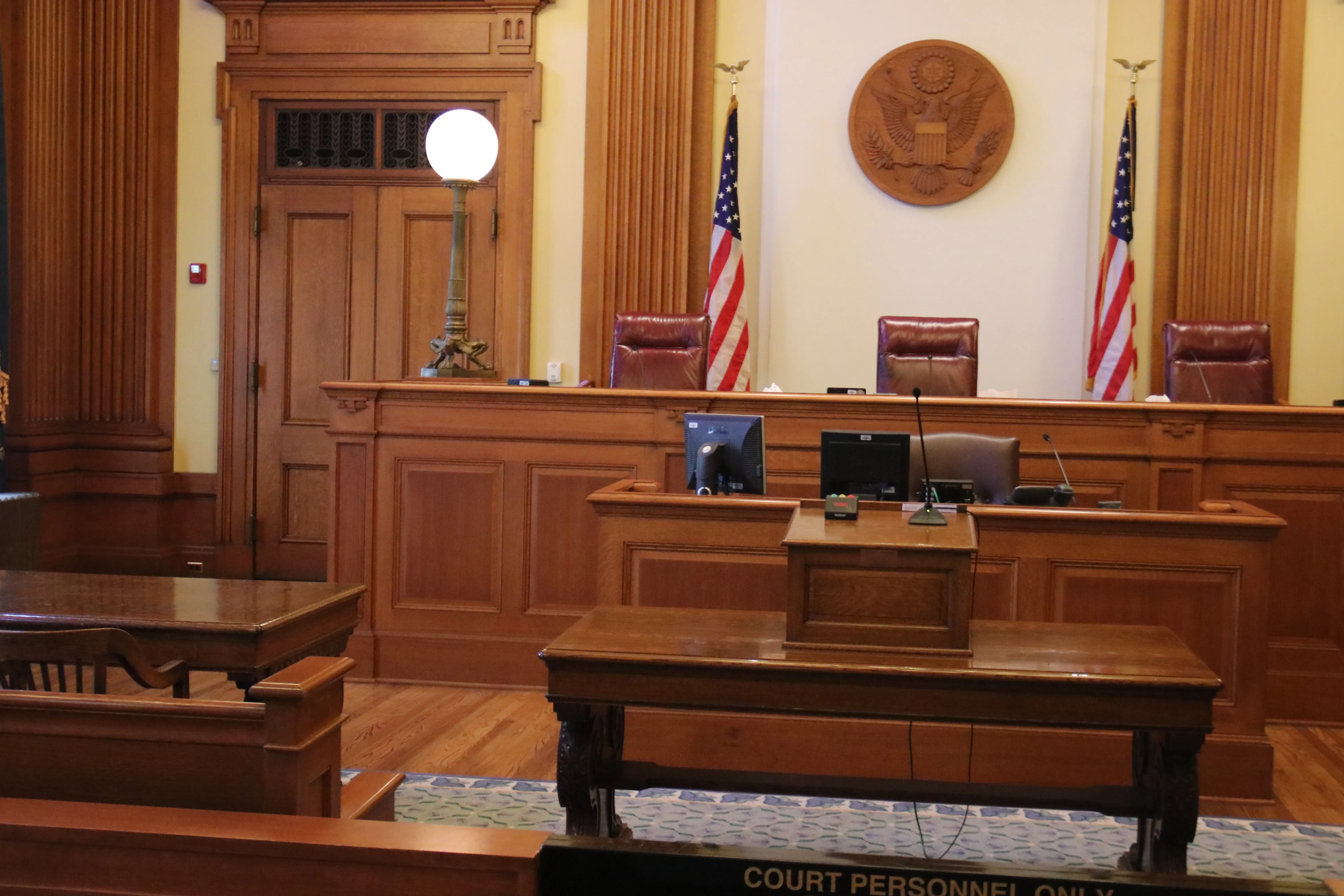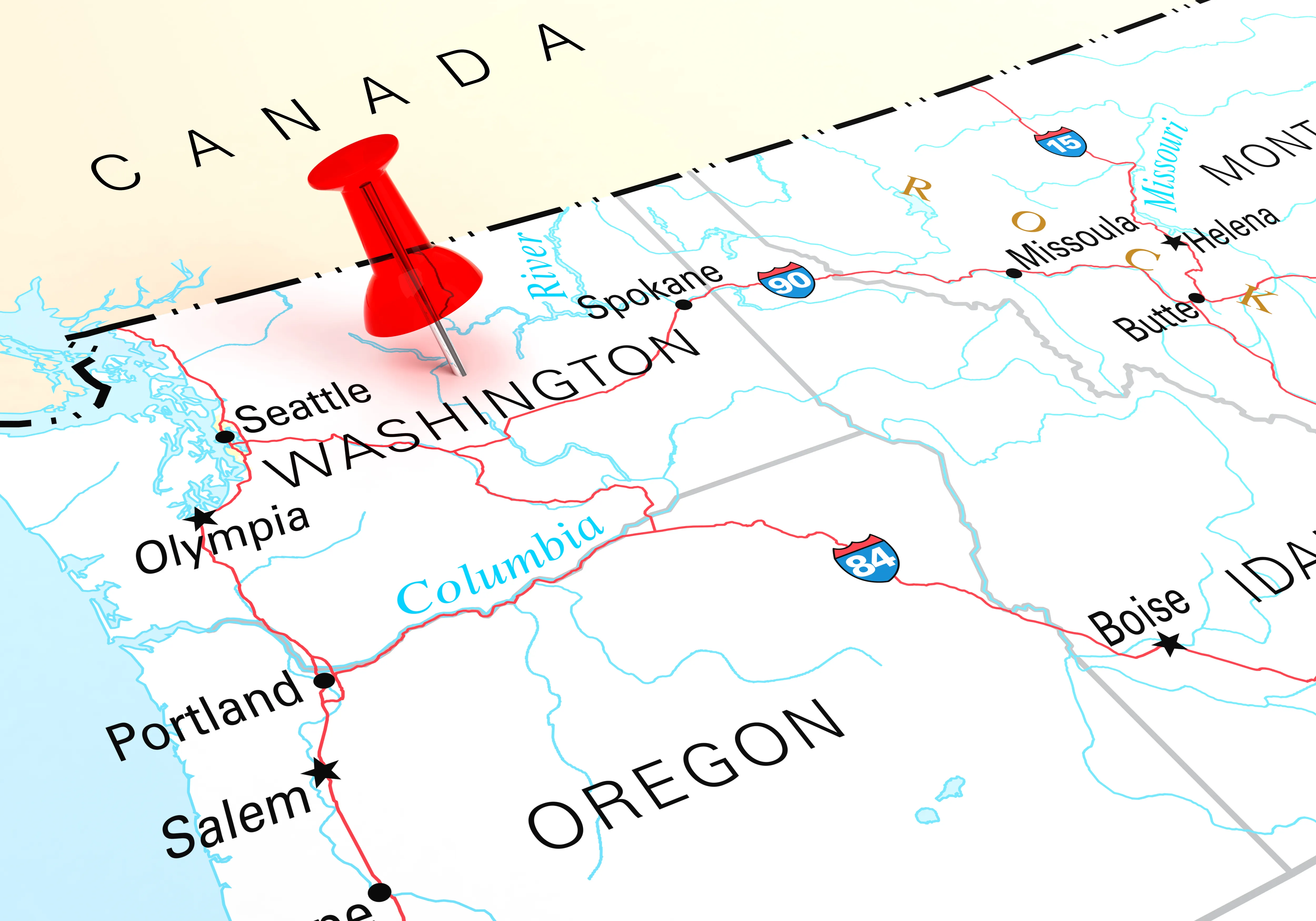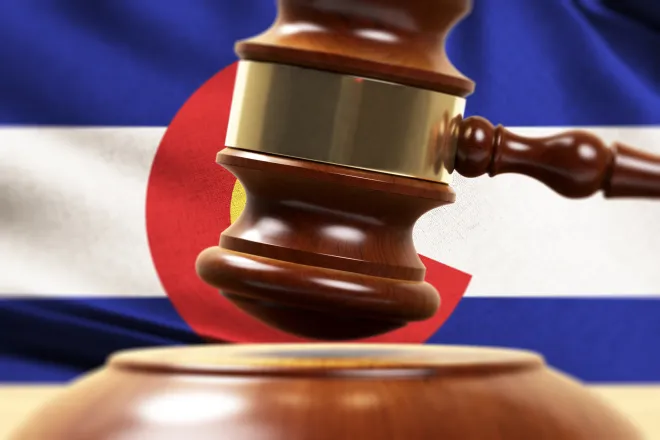
Colorado environmental groups decry ‘backroom deal’ over Suncor water permit
A coalition of Colorado environmental groups is crying foul over a settlement state officials quietly reached with Suncor Energy over the terms of a water quality permit for its Commerce City refinery earlier this year.
The settlement agreement stems from a challenge that Suncor filed to an updated water discharge permit issued by the Colorado Department of Public Health and Environment in 2024. The department’s Water Quality Control Division agreed in the July 23 settlement to suspend several key permit requirements, including a provision sought by environmental and community groups to require public notification any time a water quality limit was exceeded.

© iStock - leolintang
“The agreement walks that back significantly, and creates this complicated three-tiered structure on just how bad it has to be before there’s any public notification,” said Ian Coghill, an attorney with Earthjustice. “All that data is still going to be public, but it’s going to take a lot longer for people to be able to have access to it, or know that any exceedances or violations actually happened.”
The sprawling Suncor facility, one of Colorado’s largest sources of air pollution, has also drawn scrutiny in recent years for its repeated violations of water quality standards. Under the federal Clean Water Act, Suncor has a state-issued permit to discharge into Sand Creek, a 14-mile-long tributary that flows into the South Platte River just north of the refinery site.
Concerns from environmental groups center on pollutants like benzene and PFAS, a set of compounds known as “forever chemicals” that can lead to a variety of adverse health outcomes. Water regulators at CDPHE toughened restrictions on Suncor through a series of permit renewals beginning in 2021.
Critics, however, say the new restrictions didn’t go far enough. Represented by Earthjustice, a coalition that includes Denver Trout Unlimited, GreenLatinos, and the Colorado Sierra Club has filed its own appeal to Suncor’s March 2024 discharge permit, seeking lower PFAS limits, an accelerated compliance schedule, groundwater protections and more. That appeal, filed last year, is still pending.
Communities living in the shadow of Suncor have borne the brunt of toxic pollution for decades, and once again their voices have been shut out.
The same groups had also intervened as parties in Suncor’s own appeal process. But despite their intervenor status, they say they weren’t notified of CDPHE’s July 23 settlement with the company “until several weeks after it had been signed.”
“It’s really the behind-the-scenes way that all this has operated that’s one of the most concerning elements of it,” Coghill said. “No one’s approved it, no one was involved in the negotiations. It was just kind of dumped.”
Some permit conditions take immediate effect
In a statement, Kaitlyn Beekman, a Water Quality Control Division spokesperson, said the groups were aware of settlement discussions, and the agreement “ensures faster public health protections without the uncertainty of litigation.”

© iStock - Fahroni
“This agreement is a win for Colorado and for nearby communities because it allows the vast majority of the new, stronger permit conditions — especially those tied to public health protections — to take effect immediately,” Beekman said. “This means stronger limits for PFAS and other organic chemicals, tighter inspection and public notice requirements, and greater accountability without delay.”
The settlement agreement will also allow Suncor to avoid the 2024 permit’s limitations on salt effluent. High salinity levels can impact wildlife and agriculture but “there are no acute public health effects associated with these levels,” Beekman wrote.
Denver Trout Unlimited has advocated for strengthened water quality protections for Sand Creek since an angler’s discovery of an oil spill near the refinery in 2011 led to scrutiny of the waterway’s benzene levels. Meanwhile, Suncor’s location amid the predominantly low-income and Latino neighborhoods on Denver’s north side has long sparked environmental justice concerns.
“Communities living in the shadow of Suncor have borne the brunt of toxic pollution for decades, and once again their voices have been shut out,” Jessica Herrera, counsel with GreenLatinos, said in a statement. “A closed-door deal that weakens permit protections is not just a bureaucratic failure, it is a betrayal of the Latino, immigrant, and working-class families who live, work, and play along these waterways.”

















